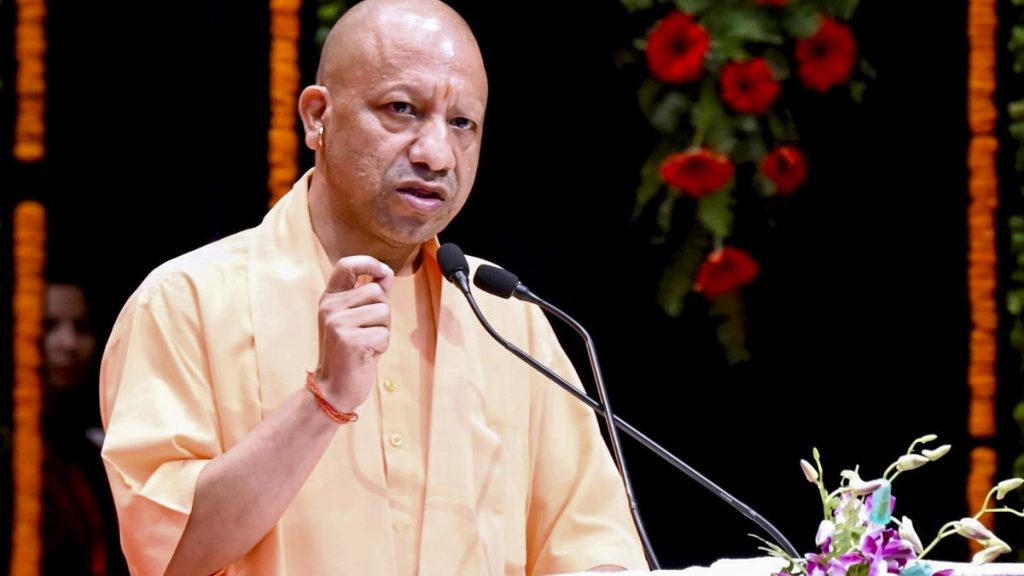Now Reading: Spain Moves Closer to 37.5-Hour Workweek as Bill Advances to Parliament
-
01
Spain Moves Closer to 37.5-Hour Workweek as Bill Advances to Parliament
Spain Moves Closer to 37.5-Hour Workweek as Bill Advances to Parliament

quick Summary
- Spain’s government has approved a bill to reduce the workweek from 40 hours to 37.5 hours, offering workers 2.5 more hours of weekly rest.
- If enacted, the bill will benefit 12.5 million private-sector workers and aims to improve productivity and reduce absenteeism, according to Spain’s labor ministry.
- Labor minister Yolanda Diaz described the bill as “modernizing” labor practices while enhancing worker happiness.
- The shorter workweek proposal currently applies to civil servants and some specific sectors but targets retail, manufacturing, hospitality, and construction industries.
- Prime Minister Pedro Sanchez’s left-wing coalition government does not hold a clear parliamentary majority needed for final approval of the bill.
- While major trade unions support the measure, business associations have opposed it over concerns regarding economic impact on companies.
- Catalan nationalist party Junts expressed worry about potential challenges for small businesses and self-employed individuals under this new provision.
Indian Opinion analysis
Spain’s decision to pursue a shorter workweek reflects broader global conversations about shifting labor standards toward improved well-being and productivity amid modern workplace challenges. For India-where extended working hours are still commonplace-the debate could reignite discussions around improving employee welfare without sacrificing corporate efficiency.
If successful in balancing gains in productivity with reduced absenteeism as intended by Spanish lawmakers, this shift may offer lessons for India’s growing workforce across diverse sectors such as retail or manufacturing. Tho, concerns highlighted by business groups over impacts on small enterprises resonate with similar anxieties that might arise within India’s sizable informal economy dominated by self-employed individuals.
This initiative serves as an intriguing example worldwide of aligning legislative action with evolving societal needs-a balance Indian policymakers might study closely when addressing worker rights debates in emerging economic contexts.
























